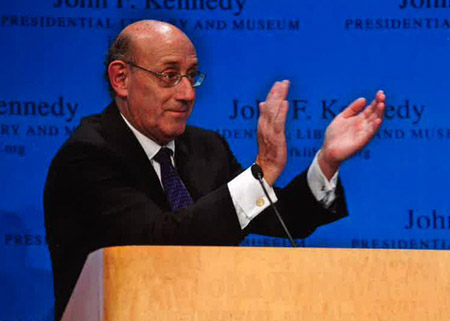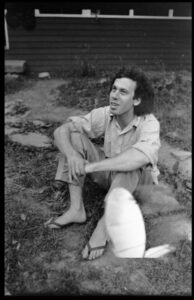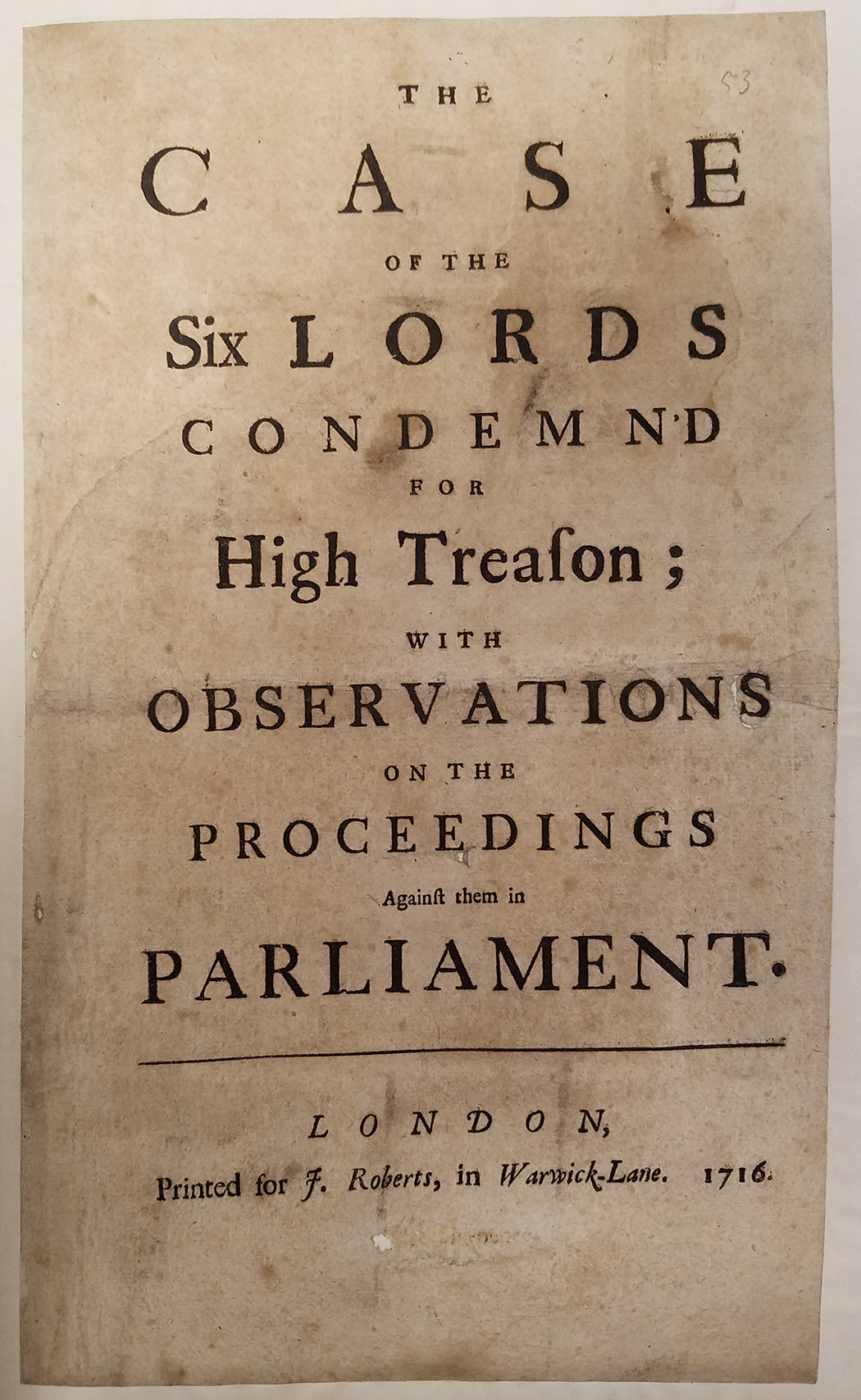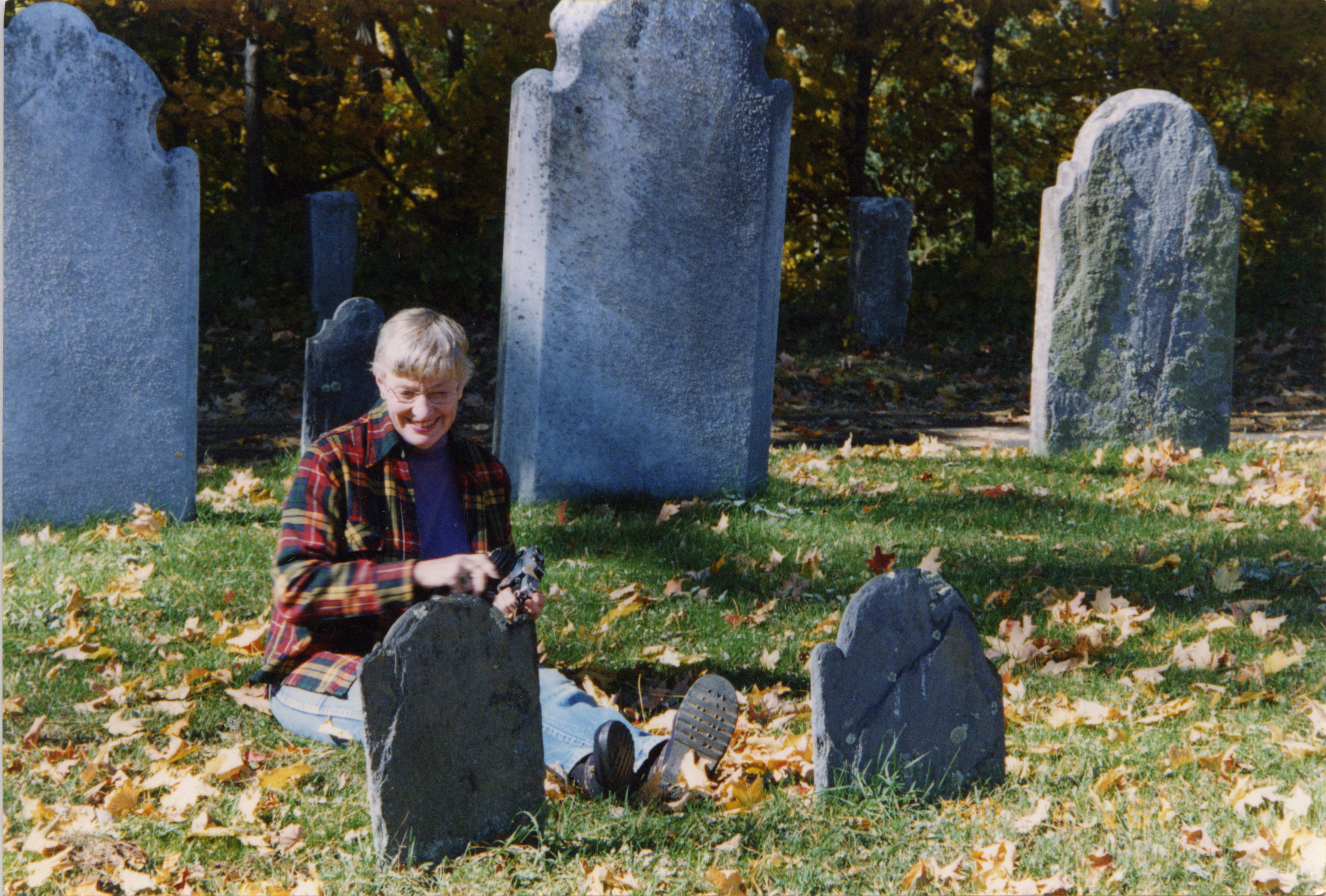Ted Fay Papers
Dedicated to a broad range of social justice and human rights issues, Theodore “Ted” Fay is a leading national and international activist, advocate, and scholar on the integration and inclusion of athletes with disabilities into mainstream sport. His focus on exposing practices of exclusion, inequity, and marginalization in sport faced by individuals based on race, gender, and disability—and his unique perspective on this intersectionality—would serve as the basis of most of his scholarly work including his 1999 doctoral dissertation. Fay played a key role in creating Project Interdependence (1981-1987), a one-of-a-kind statewide training program sponsored by the California State Departments of Rehabilitation and Education, as well as in the creation of the U.S. Disabled Ski Team (USDST) and the effort to integrate the USDST into the U.S. Ski Team in 1986. Involved in the founding and development of the International Paralympic Committee (IPC), he served in multiple capacities related to Nordic skiing from 1988 until 2010. Fay also helped draft Article 30.5 of the 2007 United Nations Convention on the Human Rights for Persons with a Disability (CRPD) and, in 2013 and 2019, contributed to revisions of Acts of Congress concerning the inclusion and equitable treatment of students with disabilities and the integration of Olympic and Paralympic athletes. With degrees from St. Lawrence University, the University of Oregon, and UMass Amherst (Ph.D. 1999), Fay retired as a Professor Emeritus of Sport Management in 2018 after a distinguished two-decade career at the State University of New York at Cortland.
Chronicling a personal story of more than five decades of activist work while highlighting Fay’s 40-year involvement in more than ten Paralympic and Olympic Games and four U.S. Olympic/Paralympic Bids, the Fay Papers include correspondence, scholarly articles, research and background materials, drafts, writings, reports, student papers, photographs, scrapbooks, and memorabilia.





